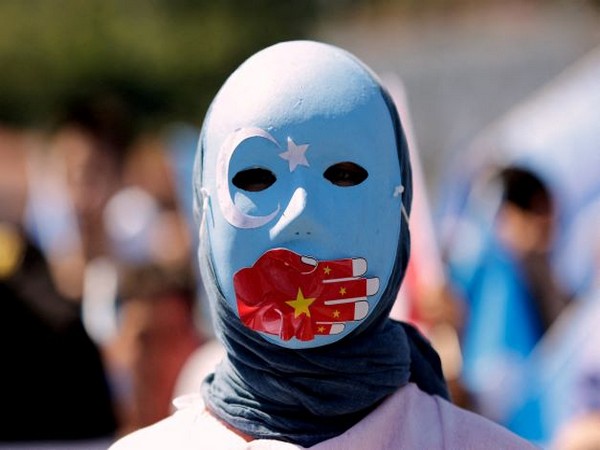Plight of Uyghur refugees in Thailand, Pakistan amid China's use of economic clout as political tool
Uyghurs are witnessing a new challenge, they are being detained not only in other countries but also in China itself, fearing persecution. This is a function of the Chinese using their economic clout as a political tool. Precisely for this reason, the Islamic world has maintained a stoic silence on the plight of the Uyghurs, reported VAA.

- Country:
- Austria
The plight of Uyghur refugees in Thailand and Pakistan is due to the use of economic clout as a political tool by China, reported Voices Against Autocracy (VAA) - a private, non-governmental organisation based in Vienna, Austria. The death of an Uyghur refugee in a detention center in Thailand and fears of another refugee in Pakistan being deported to China provide clues to the plight of refugees fleeing Xinjiang fearing Chinese persecution.
Uyghurs are witnessing a new challenge, they are being detained not only in other countries but also in China itself, fearing persecution. This is a function of the Chinese using their economic clout as a political tool. Precisely for this reason, the Islamic world has maintained a stoic silence on the plight of the Uyghurs, reported VAA. Post 9/9/11 terrorist attacks in the United States, China and Pakistan increased their cooperation, and Pakistan repatriated numerous Uyghurs to China. Notably, Pakistan is now home to about 3,000 Uyghurs.
In Pakistan, many refugees who do not have UNHCR identity cards have been warned by police that they could be deported to China, reported VAA. Incidentally, in the case of Niyaz Ghopur, an Uyghur refugee in Pakistan, and eight family members. Pakistani officials threatened to arrest all eight family members and said they had no legal documents allowing them to stay in the country.
Although Pakistan is a predominantly Muslim country, most governments have been China's allies and have therefore expressed support for China's policies in Xinjiang, Tibet, Taiwan, Hong Kong and the South China Sea, and at the UN Human Rights Council. Pakistani officials have also come under pressure from Beijing over the China-Pakistan Economic Corridor, the Belt and Road Initiative's flagship project to improve Pakistan's infrastructure for better trade with China and further integration of countries in the region, reported VAA.
The context in which such incidents occur is China's increasing assertiveness in ensuring that countries to which Uyghurs flee also follow their dictates. This is happening through a combination of economic and political pressures. Sufficient evidence has been accumulated over the years of how China monitors and monitors Uyghurs fleeing Xinjiang in search of a better life abroad. This allows them to follow the comings and goings of most refugees.
Rising Chinese influence around the world has countries cautious about giving too much relief to the Uyghurs, and Thailand and Pakistan both provide examples of the conditions they find themselves in, reported VAA. Abdulaziz Abdullah, an Uyghur refugee from Xinjiang, recently died at the Bangkok Immigration Detention Center from alleged police neglect and raised concerns about the treatment of the more than fifty Uyghur refugees detained at the center since 2014.
His son Muhammad Abdullah, who lives in Kayseri, Turkey, said in an interview with the Voice of America (VOA) that his family fled Xinjiang because of his father's repression and repeated arrests. Abdullah and his family fled China in late 2013 and arrived in Thailand with the help of border smugglers in early 2014, where they were detained by Thai immigration authorities. Abdullah is reportedly not the first Uyghur to die in immigration detention in Thailand. He is the fourth Uyghur to die in Thai immigration detention. In 2018, another Uyghur refugee also vomited blood and died in detention, reported VAA.
Dolkun Isa, President of the World Uyghur Congress, has called for a full and public inquiry into Abdullah's death. "We followed the situation closely from the start. The WUC issued a report on her case and other similar cases," Isa told VOA. "The Thai authorities should conduct a full and publicly available investigation into the death of Abdulaziz Abdullah, end the indefinite and arbitrary detention of the Uyghur refugee group, release Uyghur refugees detained in Thailand, and allow Uyghur refugees access to resettlement," said Isa. (ANI)
(This story has not been edited by Devdiscourse staff and is auto-generated from a syndicated feed.)










